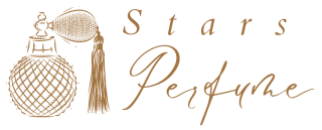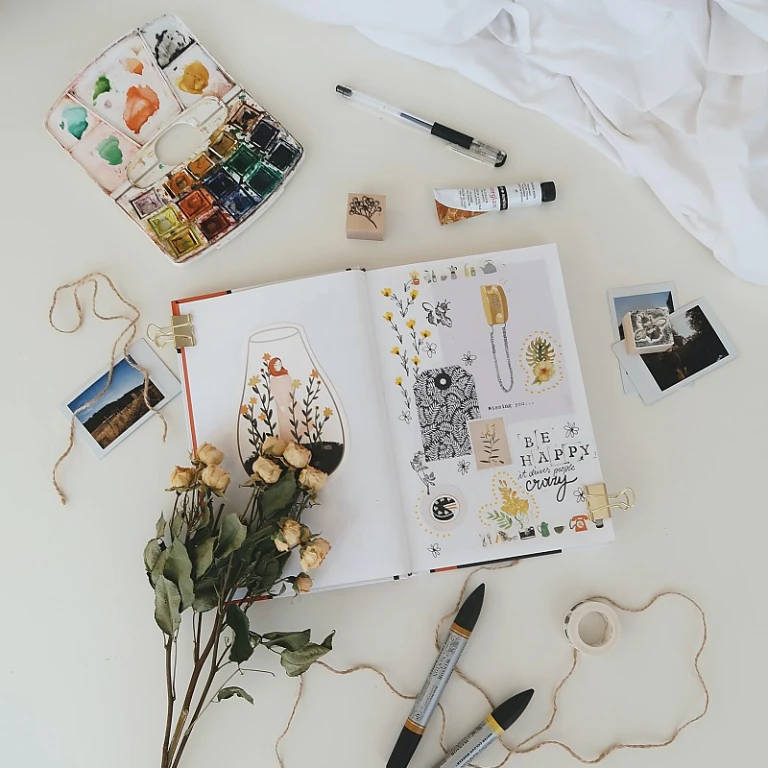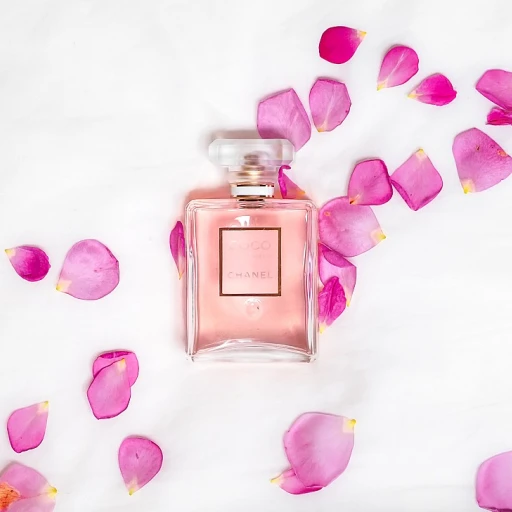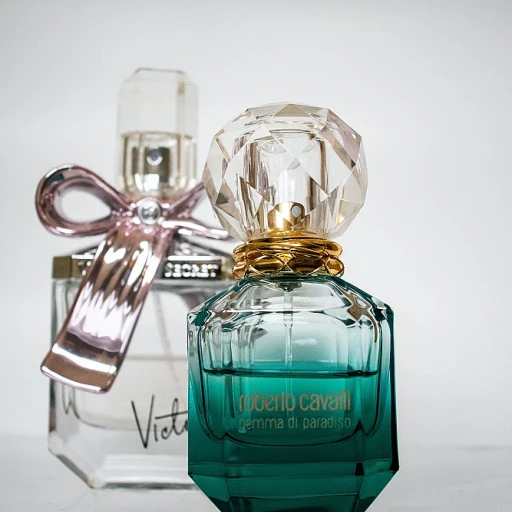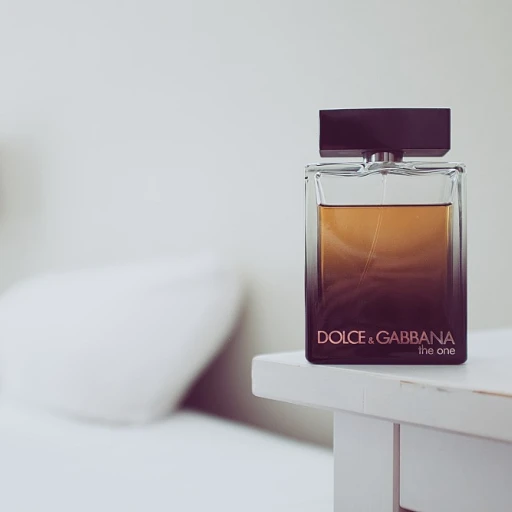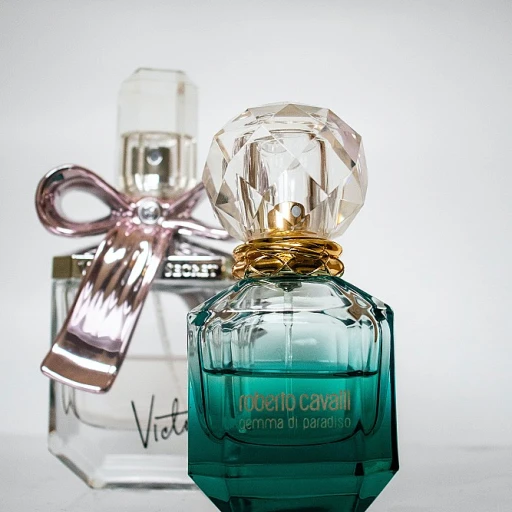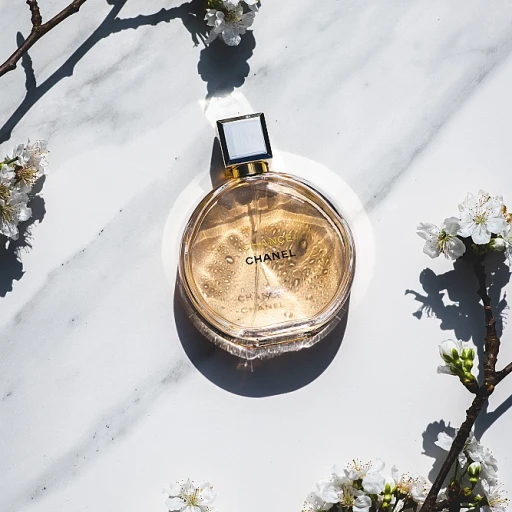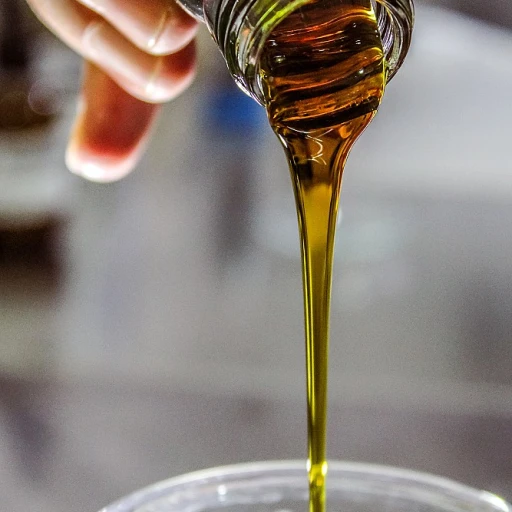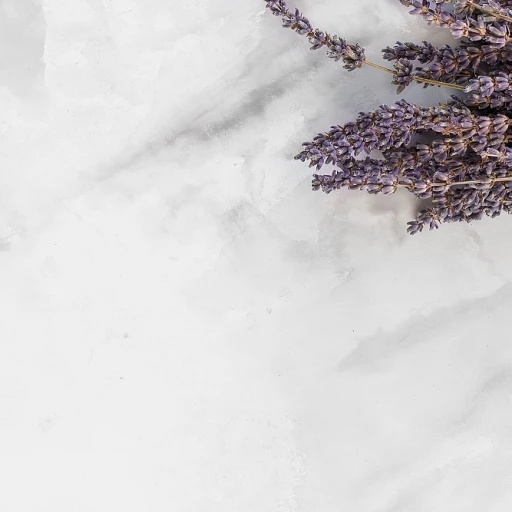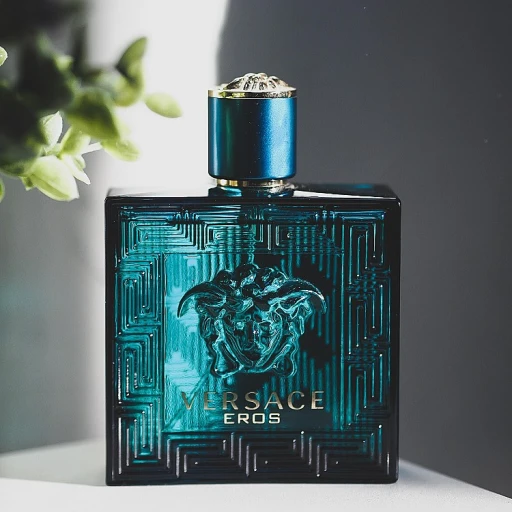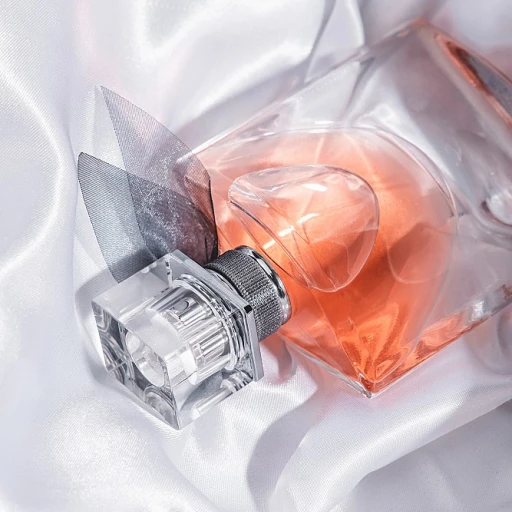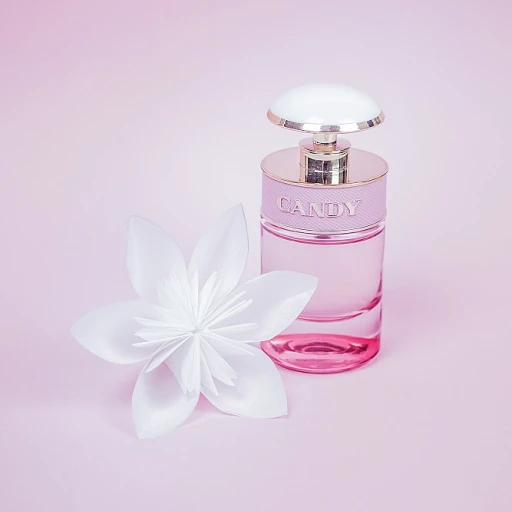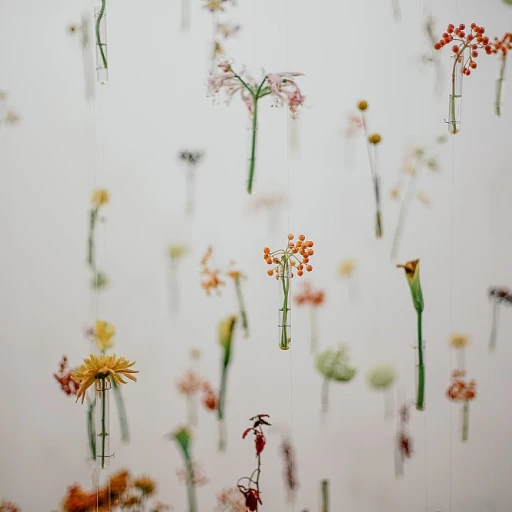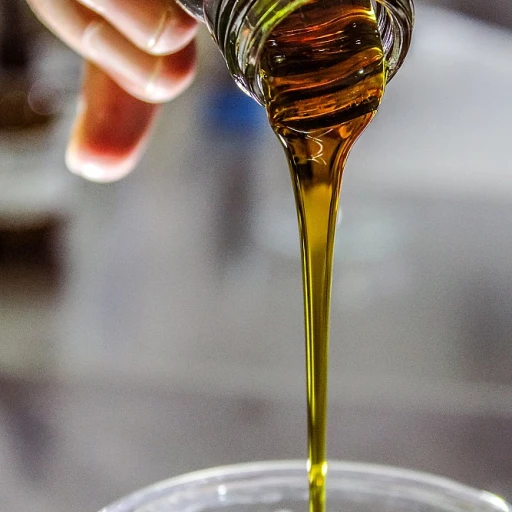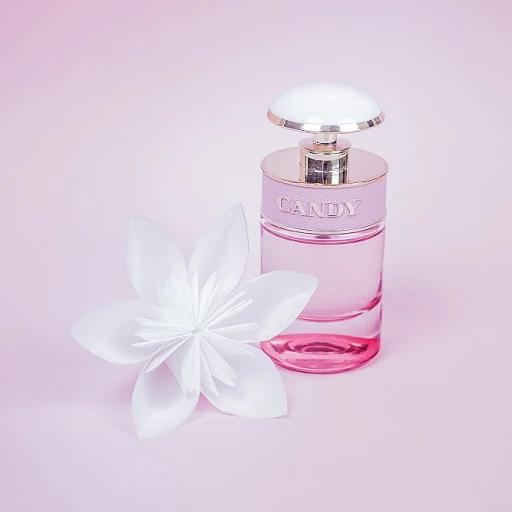
Understanding Eau de Parfum
Decoding the Nature of Perfume Concentration
When diving into the captivating world of perfumes, understanding the terms that define the variety of fragrances is vital. Eau de Parfum, often abbreviated as EDP, is known for its elegance and profound fragrance presence. The term 'eau de parfum' directly relates to its concentration of perfume oils in alcohol, typically ranging from 15% to 20%. This concentration is what enables it to deliver a scent that will linger longer on the skin. It's different from eau de toilette and eau de cologne, both of which have lower concentrations and thus, shorter longevity.
However, the allure of using eau de parfum goes beyond just understanding its concentration. The components that make up these intricate blends contribute to the lasting fragrance. The richer and more potent nature of EDP often means it holds on to the deeper notes more effectively, creating a lasting, memorable aroma.
The attention dedicated to creating an eau parfum involves a careful balance of ingredients to ensure a full-bodied scent that evolves over time. As the eau interacts with your body's chemistry, it unfurls its layers, revealing its true nature by transitioning through top, heart, and base notes. This dynamic evolution is a signature trait of EDP that perfume enthusiasts embrace.
Factors Affecting Longevity
Understanding the Elements that Influence Fragrance Longevity
When it comes to determining how long your favorite eau de parfum will last, several key factors play a pivotal role. Understanding these elements can help you make informed choices about the perfumes you choose and how you apply them.- Skin Type: Your skin's unique chemistry significantly impacts how long a perfume lasts. Oily skin tends to hold perfumes longer due to better adherence, whereas dry skin may need more frequent application.
- Fragrance Concentration: While eau de parfum has a higher concentration of fragrance oils than other types like eau toilette or eau cologne, the specifics of each formulation can vary significantly. This concentration impacts both the intensity and the durability of the scent.
- Environmental Factors: External elements such as humidity, temperature, and air quality influence a fragrance's longevity. High temperatures may cause the scent to evaporate more quickly, while cooler climates might extend its staying power.
- Application Site: The choice of where on the body you apply your fragrance also affects its staying power. Pulse points such as the wrists, neck, and behind the ears are ideal for making the scent last longer since they emit more heat, enhancing the fragrance’s diffusion.
- Layering: Using complementary scented body products, like lotions or shower gels, can help reinforce the main scent, contributing to a long-lasting perfume experience.
Comparing Fragrance Concentrations
Understanding the Different Levels of Scent Concentrations
When delving into the world of perfumes, it’s essential to understand the distinctions in fragrance concentrations to appreciate how long a perfume will last. Knowing the concentration of a scent can shed light on how long the beautiful aroma will linger on your skin.
Eau de Parfum, Eau de Toilette, and Eau de Cologne are common terms you'll encounter, each representing different concentrations of fragrant oils. These concentrations determine not only the intensity of the scent but also its longevity and price.
- Eau de Parfum (EDP): This concentration typically contains 15% to 20% fragrant oils. It's excellent for those seeking a scent that lasts longer—generally around 4 to 5 hours, providing an elegant and lasting presence.
- Eau de Toilette (EDT): With a concentration of about 5% to 15%, it's a softer fragrance option. The scent might last around 3 hours, making it ideal for daily wear or casual occasions. The price is often lower than EDP due to the higher alcohol and water content.
- Eau de Cologne (EDC): This option contains only 2% to 4% fragrance oils. Its light and fresh scent make it suitable for those who prefer subtlety. It offers a refreshing burst that lasts about 2 hours. Due to the lower concentration, the price is usually more affordable.
However, perfume longevity is not solely dependent on its concentration. Factors like skin chemistry, application techniques, and even external environmental conditions play significant roles in how perfumes perform. For a comprehensive understanding, exploring these factors affecting longevity can offer valuable insights into your fragrance choices.
Application Techniques for Longer Wear
Optimizing Your Perfume Application for Enhanced Longevity
When it comes to getting the most out of your eau de parfum, the way you apply it plays a crucial role in determining how long the scent will last on your skin. Proper application techniques can significantly enhance the longevity of a fragrance, allowing you to enjoy its nuanced notes for extended periods. While the concentration of your perfume is fundamental, ensuring it lasts longer can be achieved with these application strategies.
- Pulse Points Matter: Apply your perfume to pulse points such as wrists, behind the ears, and the base of your throat. These areas emit heat, which can intensify and diffuse the scent effectively.
- Hydrate Your Skin: Fragrances tend to last longer on well-moisturized skin. Apply a scent-free lotion before spritzing your perfume to help lock in the fragrance.
- Layering Technique: Enhance your scent's durability by using complementary products like body lotions or creams from the same fragrance line. This can create a subtle, long-lasting aura around you.
- Avoid Rubbing: Rubbing your wrists together after application can break down the fragrance's molecular structure, diminishing its longevity. Instead, let it dry naturally to maintain the full scent profile.
While understanding the differences in concentration between fragrances—like eau de toilette and parfum—can help manage expectations, expert application will maximize their lasting power. By employing these straightforward yet effective techniques, you'll enhance your perfume's ability to captivate throughout the day.
Common Misconceptions
Dispelling Common Myths About Eau de Parfum
When it comes to the longevity of eau de parfum, several misconceptions can lead to disappointment or confusion. Understanding these myths is crucial in setting realistic expectations and maximizing the perfume's lasting power.
Firstly, the concentration of fragrance oils in an eau de parfum does indeed contribute to its longevity. People often assume that higher concentration always translates to a longer lasting scent on the skin, but this isn't always true. Various factors, such as skin chemistry and environmental conditions, also play pivotal roles.
Another prevailing myth is the belief that using more perfume will make it last longer. While applying a larger quantity might intensify the initial scent, it doesn't necessarily extend the fragrance's lifespan. Instead, focusing on effective application techniques and pulse points can make a significant difference in how long the perfume delights your senses throughout the day.
Additionally, it’s important to distinguish between the types of fragrances. For instance, eau de parfum typically has a higher concentration than eau de toilette, which generally results in a more enduring scent. However, don't be misled by the titles alone; the quality of ingredients and composition can affect how a fragrance develops and lasts on the body.
Lastly, shipping and sale price considerations might lead some to believe that costlier perfumes automatically guarantee longer-lasting power. While price can sometimes reflect the usage of superior ingredients, it does not necessarily assure parfum longevity. Rather, understanding what suits your skin and personal preference could lead to a more satisfying experience.
By debunking these myths, fragrance enthusiasts can make informed choices, ensuring that their parfum eau selection complements their lifestyle and expectations.
Choosing the Right Eau de Parfum
Finding Your Signature Scent
Choosing the right eau de parfum can feel overwhelming, but knowing your personal preferences and needs can guide you in making the best choice. Consider the concentration of the fragrance. While eau de parfums boast a high concentration, offering longer-lasting intensity, it's crucial to test how it interacts with your skin. Perfume longevity can vary depending on individual skin types and environments.
Budget also plays a significant role in your decision. Keep an eye on the a href="#">regular price, but don't forget to explore a href="#">sale price opportunities and free shipping options which can offer considerable savings. Free shipping is often available on shipping orders that meet certain criteria and can add value to your purchase.
Additionally, don't shy away from testing various types such as eau de toilette, eau cologne, and parfum eau, to discover how different concentration fragrances interact with your body chemistry. Remember, the scent that will last longer on your friend may not perform the same for you due to factors discussed in earlier sections.
By considering these elements, and following proper a href="#">applying perfume techniques as we previously outlined, you'll be well on your way to selecting a fragrance that melds harmoniously with your lifestyle and enhances your presence.
